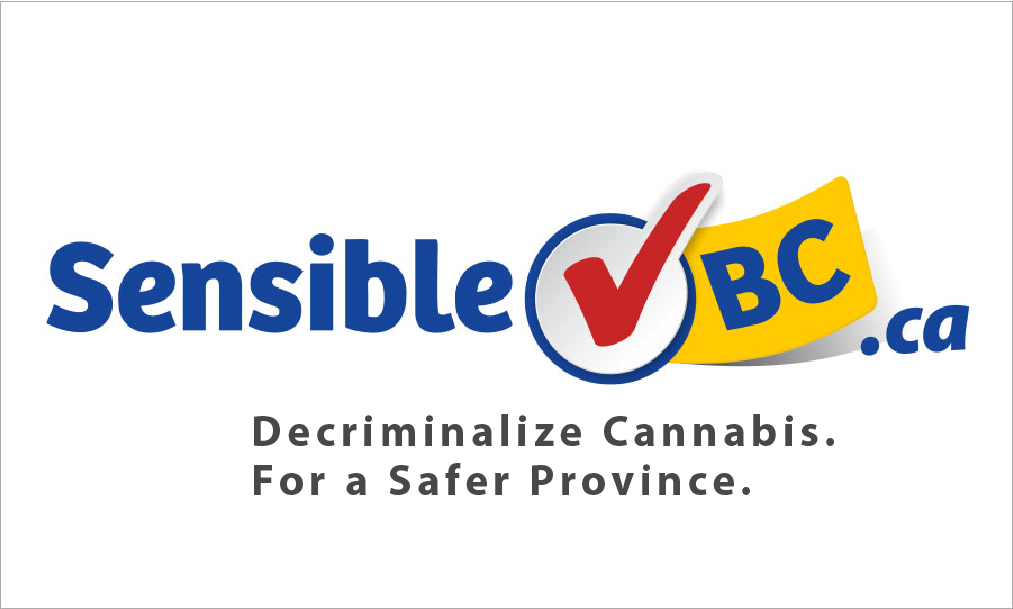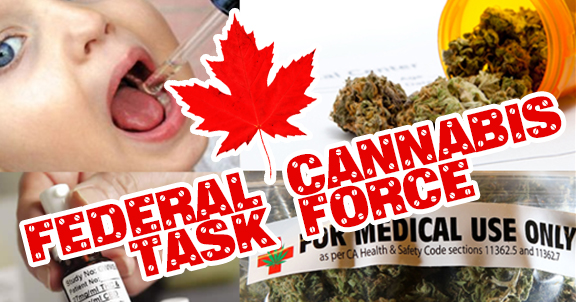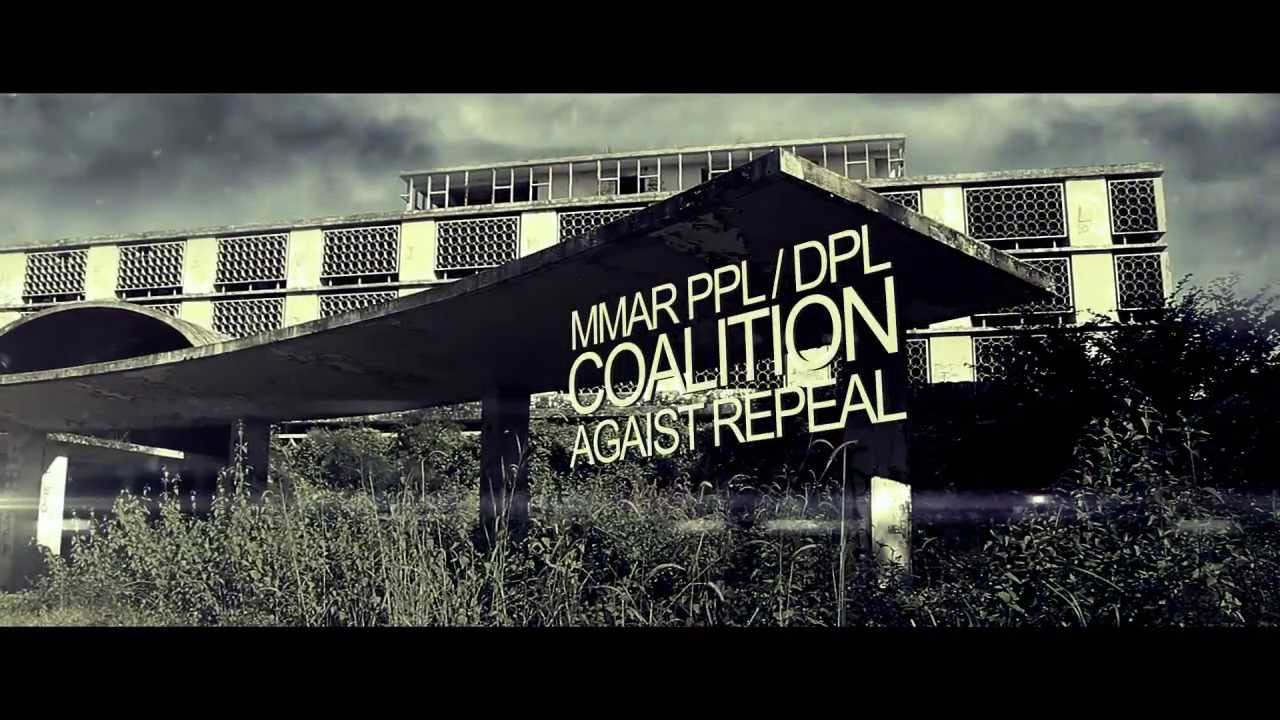Appeal court overturns inaccessibility ruling
By Al Graham
In Apr. 2008, Matt Mernagh, who uses medical marijuana to deal with his fibromyalgia, scoliosis, epilepsy, and depression, was charged with the production of his medication. Unfortunately for him, he has been unable to find a doctor willing to sign the required MMAR paperwork, in order for him to obtain a license. After he hired Paul Lewin as his lawyer, they decided to challenge Matt’s charges in court. The two did very well, because in Apr. of 2011 they won their case, which almost overturned the MMAR program and the federal government’s prohibition on cannabis out the window. At the time, Justice Donald Taliano ruled that the MMAR was unconstitutional and that if the government didn’t change the program, cannabis would be legal in 90 days. The government didn’t like this decision, and filed an appeal.
On May 7 and 8 of 2012, the cannabis community focused its attention on the Ontario Court of Appeal (OCA) at Osgoode Hall in Toronto. On this day, Matt and his lawyer were joined by interveners for the Canadian AIDS Society, the Canadian HIV/AIDS Legal Network, the HIV & AIDS Legal Clinic Ontario, the British Columbia Civil Liberties Association, and the Canadian Civil Liberties Association who all brought arguments before the court on why cannabis prohibition and the MMAR are failing sick or dying Canadians.
The Past Cases, to the Present
This is not the first time the government has had to go to court to defend its prohibition of cannabis and the MMAR. In 1997, Terry Parker took them to court and won a landmark case which led to the introduction of the medical marijuana program. While it isn’t perfect, it was the hard work of Terry and his lawyers that gave Canadians the right to consume cannabis for medical purposes. The next time the government found themselves before the courts was during the Hitzig case. This case saw things open up a bit, and removed some of the requirements from the program, such as needing more than one doctor signature and the addition of a second category. The new version of the program also allowed for regular physicians to sign the application, but the court did not find the program completely unconstitutional.
 This leads us to Matt’s case and where we are today. In Apr. 2008, Matt was charged with producing marijuana contrary to the Controlled Drugs and Substances Act. According to the court documents, Matt “applied for a declaration that the combined effect of ss. 4 and 7 of the CDSA (the offences of possessing and producing marihuana, respectively) and the MMAR violates his rights under s. 7 of the Canadian Charter of Rights and Freedoms.” The court report went on to say that Matt “did not argue that the MMAR are unconstitutional as they are drafted. Rather, he argued that the MMAR are unconstitutional as they are implemented because physicians have decided en masse not to participate in the scheme”.
This leads us to Matt’s case and where we are today. In Apr. 2008, Matt was charged with producing marijuana contrary to the Controlled Drugs and Substances Act. According to the court documents, Matt “applied for a declaration that the combined effect of ss. 4 and 7 of the CDSA (the offences of possessing and producing marihuana, respectively) and the MMAR violates his rights under s. 7 of the Canadian Charter of Rights and Freedoms.” The court report went on to say that Matt “did not argue that the MMAR are unconstitutional as they are drafted. Rather, he argued that the MMAR are unconstitutional as they are implemented because physicians have decided en masse not to participate in the scheme”.
During the trial Matt showed that he needed cannabis for medical purposes but he was unable to find a doctor willing to sign the paperwork. He also had nineteen other patients come from across Canada to help him prove that this was not a local problem, but one that was widespread across the country.
Also during this time in court, Matt’s lawyer had argued that “the protection accorded by the MMAR has proven to be illusory, depriving him and others like him of the right to liberty and security of the person in a manner that is contrary to the principles of fundamental justice”. Justice Donald Taliano agreed, as he ruled “that the MMAR made legal access to medical marihuana practically unattainable for those who desperately need it”. He struck down the MMAR, as he found it unconstitutional. This decision left no one with access to a program, which in turn created another problem. With no medical program the existing laws on the prohibition of cannabis would fall. The government then went back to court and won a temporary stay on this, but Matt would still be able to grow and possess his medication until another court ruled otherwise.
When it came time for the appeal, the government provided the court with four reasons why they thought that Justice Taliano made errors in the case. This would include that Matt and his “patient witnesses” who provided evidence on the application were entitled to medical exemptions under the MMAR”. The OCA seemed to agree, as they wrote that “the trial judge erred by: wrongly interpreting Parker and Hitzig to recognize a constitutional ‘right’ to use medical marihuana”. Second, the government disagreed with Justice Taliano when he said “many of the physicians who dealt with the patient witnesses had acted in an ‘arbitrary and biased’ manner in rejecting their requests for medical declarations”. Third, the government felt that the judge was wrong when he ruled that “the ‘vast majority’ of people entitled to exemptions under the MMAR have been unable to obtain them; and Canadian physicians have ‘massively boycotted’ the MMAR, ‘completely undermin[ing]’ the effectiveness of the program.” The OCA justices also felt that this should be reviewed because Justice Taliano relied on “anecdotal evidence” and was “making findings not supported by the record” to decide that Matt and the patient witnesses “qualified for exemptions under the MMAR”. The final reason for reviewing this case was they felt that Justice Taliano was wrong for “finding that the MMAR operate in such a way as to make medical exemptions practically unavailable”.
Before the Court
When it came to expert witnesses, Matt and his lawyer Mr. Lewin brought forward Dr. Joel Lexchin, an expert on how the pharmaceutical industry influences physicians’ prescribing of practices and how this could play a role in a physician’s decision on signing the MMAR paperwork. Also testifying was Dr. David Rosenbloom, who is an expert on the effects of prescription drugs as well as on the use and abuse of opioids. Epidemiologist Lynne Belle-Isle, a co-author on HIV and Cannabis for the HIV/Aids Society of Canada, also testified as an expert witness.
In addition to the experts, Matt also brought forth evidence that included paperwork and transcripts from other cases in which the marijuana program was involved. Within this mountain of information was a copy of the 2002 Canadian Senate report on illegal drugs such as cannabis.
Matt testified that he was young when he started noticing things weren’t right. Matt talked about how the doctors had prescribed him several kinds of painkillers, with many of them making him feel like a zombie, as all he wanted to do was sleep. Matt talked about how at one time, he didn’t have a doctor and was visiting walk-in clinics in order to get help. He did eventually get a doctor who helped him, but this one, like many others, moved on and Matt once again found himself without a physician. Matt told the court that he eventually found a doctor who wrote him out a letter supporting his use of cannabis, but for some unknown reason wouldn’t sign the Health Canada application.
The patient witnesses that came from across the country spoke to the court about their true-life situations that included long delays in getting licenses signed, and the long journeys that they took to try to find a doctor who would support them. Many of these people suffered from various conditions, but all of them experienced some form of benefit by using cannabis. The crown countered with affidavits and paperwork from two directors of the MMAR program: Jeannine Ritchot and Ronald Denault.
Part of Matt’s defence was that the program was not working and was only illusory. To do this, they would have to prove that doctors were not signing the required paperwork, which they tried to do with the nineteen patient witnesses. The government denied this was happening, and brought information forward showing that the program was not stopping doctors from licensing people. To do this, they provided data that shows that the number of doctors signing had gone from four in 1998 to over 2300 in 2010.
When it came to whether patients were having trouble getting authorized to use cannabis, the government produced evidence showing that this was also not happening. They did this by providing data showing that in a 10-year period, 80 percent of the applications that were submitted were approved. To me, though, this only proves that Health Canada approved that percentage of applications, and does not prove that patients were not having trouble getting signatures.
Part of the government’s appeal on this case was because of the evidence supplied by the patient witnesses. As mentioned the government felt that this was hearsay, and that Justice Taliano shouldn’t have accepted it. The court seemed to agree with their concerns, but it also agreed with the government that there was no physical evidence showing the witnesses’ hardships and troubles. It seems as if the patients should have had called a doctor to court in order to testify why they wouldn’t sign a patient’s application.
When it came to the right to use cannabis as a medicine, Matt and his lawyers successfully argued to Justice Taliano that the Terry Parker decision allowed Matt the right to use cannabis, which the government disagreed with. In this appeal, the court agreed with the government, as they ruled that “the correct proposition expressed in Parker is that, given that marihuana can medically benefit some individuals, a blanket criminal prohibition on its use is unconstitutional. This court did not hold that serious illness gives rise to an automatic “right to use marihuana”.
The Ontario Court of Appeal stated that they feel Matt has proved he is not a recreational user but he and the patient witness had failed to prove that they could not get a license because of “bias or arbitrariness on the part of the physicians they consulted. Nor did it establish a widespread lack of co-operation with the MMAR on the part of the Canadian medical profession. Thus, the record does not support the trial judge’s inference that they failed to obtain medical declarations only because Canadian physicians are boycotting the MMAR.”
In their closing statements, Justice Simmons, LaForme, and Doherty wrote that “the appeal is allowed, the trial judge’s orders are quashed and a new trial is ordered.” They also went on to say that, “In light of our decision, unfortunately no Charter remedy is available for Mr. Mernagh. We trust, however, that in exercising its discretion as to whether to reinstate the charge against him, the appellant will take into account that this was a test case and a Crown appeal—and that, if the appellant proposes to proceed with the charge that it will first afford Mr. Mernagh a reasonable opportunity to obtain a medical declaration and an ATP.”
Justice Doherty went on to write that “The MMAR is not intended to provide access to medical marihuana to all seriously ill persons who decide that it is in their best interest to use marihuana to alleviate their symptoms. Nor does the Constitution, as interpreted in Hitzig, demand a medical exemption framed in those terms. The MMAR provides access to medical marihuana to persons who obtain the necessary declaration from a medical doctor.”
What’s Next?
Where do things go from here? Presently Matt and his lawyer, Paul Lewin, are filing for a leave of appeal with the Supreme Court of Canada (SCC). How long that can take no one knows. I wrote Mr. Lewin and asked him if there is a time frame on when or if the SCC will hear Matt’s case. I also wondered if it could be longer than the seven months he waited for the Ontario Court of Appeal decision. He replied that “We require leave to go to the Supreme Court of Canada (SCC). That is no small matter (six percent of cases that seek leave, get leave). We will have our leave application in by the end of the month (Mar.). The crown then has 30 days to respond. At this point, I can’t give you any timelines.” Mr. Lewin also informed me that if they get to the SCC, he will have “Paul Burstein, a Toronto lawyer who has done a lot constitutional litigation” helping him with this case.
As I read through the justice’s decision, I noticed that they had mentioned several times about there being no evidence for the record. This made me wonder if there would be a chance for Matt’s lawyers to address this if they make it to the top court of the land. I had asked Mr. Lewin this when Matt was appearing before the Ontario Superior Court, and I was told he couldn’t, so I was surprised when he informed me that “Further evidence can be added—if it was not available at the time of trial.” Let’s hope they can address the missing evidence concerns of the Ontario Court of Appeal justices if they make an appearance before the SCC.
The ruling by the three OCA justices was unanimous as, all three judges sided with the Government. This left me a bit concerned if the SCC would even entertain the thought of looking at Matt’s case. But Mr. Lewin says, “If one of the three judges had dissented, then we would have an automatic right of appeal. So, in that sense, it would be very helpful. However, if we do get leave, in terms of the ultimate decision, the SCC will do whatever they want to do and they will not feel bound by what those three judges said”. He went on to say that “The SCC is not a court of correction. In other words, their job is not to fix what the Ontario Court of Appeal got wrong. Rather, they address issues of national importance. That’s what it’s all about.”
When Matt’s case went from the Ontario Superior Court to the Ontario Court of Appeal, he was able to maintain his court-ordered right to grow his own cannabis. This time, though, he was not granted such an extension, but instead the court asked the authorities hold off and leave Matt alone while he seeks a doctor to sign his paperwork. If he doesn’t find one, this will leave Matt just as open for arrest as all the other patients who seek a doctor to support their request to use cannabis as legal medication.
The week after the Feb. 1 decision, Matt took to his blog to write that it’s “Been a very long and tiring week, but I managed to get through it just great.” He goes on to say that he was going to visit his lawyer in order to see about the possibilities of a trip to the Supreme Court of Canada. During that week, he also had media from all around the globe follow this decision, as Google News had 71 news outlets covering the verdict. Matt says the best one was from the Globe and Mail, when the editorial stated that “He poses no conceivable threat to society. Whether Mr. Mernagh is right or just deluded that marijuana relieves some of his pain with fewer side effects than other medications doesn’t really matter. There simply is no public interest strong enough that the state should try to throw him in jail.”




